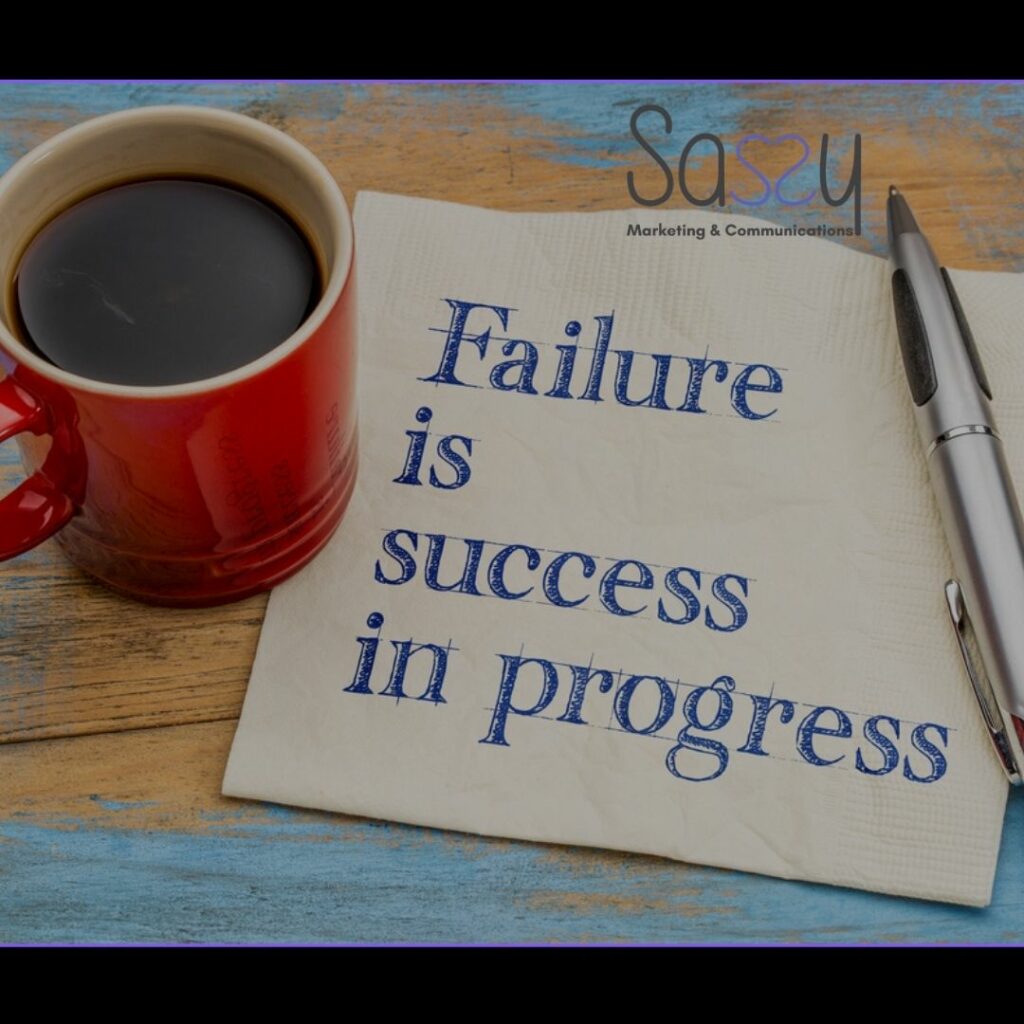Trust is the foundation of any successful relationship, whether it is personal or professional. Trust is what enables you to communicate effectively, collaborate efficiently, and deliver value to your participants and stakeholders. Trust is also what makes you stand out from your competitors and attract loyal and satisfied clients.
But what is trust exactly? And how can you build it with your team, partners, and participants?
What is Trust?
Trust is a complex and multidimensional concept that can be defined in different ways. However, one simple and useful definition of trust is “feeling safe when vulnerable” 1. When you trust someone, you are willing to share your thoughts, feelings, and needs with them, knowing that they will respect, support, and protect you. You are also confident that they will act in your best interest and fulfill their promises and commitments. These are all majorly important factors that should be the cornerstones of any disability business.
Trust can be divided into three main elements: positive relationships, good judgement, and consistency 2. Positive relationships are based on mutual respect, care, and empathy. Good judgement involves making sound decisions that benefit everyone involved. Consistency means acting in a reliable and predictable way over time.
How to Build Trust?
Building trust takes time and effort, but it is worth it especially within the disability sector. Here are some tips on how to build trust with your team, partners, and participants:
- Communicate openly and transparently. Share your goals, expectations, and feedback with others. Listen actively and attentively to their concerns and opinions. Be honest and respectful in your communication. Avoid hidden agendas and ulterior motives.
- Show vulnerability and empathy. Be willing to admit your mistakes, weaknesses, and limitations. Ask for help when you need it. Share your own experiences and challenges with others. Show that you care about their feelings and well-being.
- Demonstrate competence and credibility. Show that you have the skills, knowledge, and experience to do your job well. Deliver high-quality work that meets or exceeds expectations. Provide evidence and references to support your claims and arguments.
- Follow through on your commitments. Do what you say you will do. Honour your promises and agreements. If something changes or goes wrong, communicate it as soon as possible and offer solutions.
- Go above and beyond what is expected. Show initiative and proactivity in solving problems and creating value. Seek feedback and opportunities for improvement. Learn from your mistakes and failures. Celebrate your achievements and successes.
Why Trust Matters?
Trust matters because it has many benefits for your business success. Here are some of them:
- Trust enhances collaboration and teamwork. When you trust your team members and partners, you are more likely to share information, ideas, and resources with them. You are also more likely to cooperate and coordinate your efforts to achieve common goals.
- Trust improves performance and productivity. When you trust your team members and partners, you are more likely to delegate tasks, empower decisions, and provide autonomy. You are also more likely to motivate them with positive feedback and recognition.
- Trust increases client loyalty and satisfaction. When you trust your participants, you are more likely to understand their needs, preferences, and expectations. You are also more likely to deliver value-added solutions that meet or exceed their requirements.
- Trust boosts innovation and creativity. When you trust your team members and partners, you are more likely to encourage them to experiment with new ideas, methods, and technologies. You are also more likely to support them when they face challenges or failures.
- Trust fosters a positive culture and reputation. When you trust your team members and partners, you are more likely to create a culture of respect, care, and integrity. You are also more likely to build a reputation of excellence, professionalism, and reliability.
Conclusion
Trust is important for your business success because it enables you to build better relationships, perform better at work, and create more value for your participants and stakeholders.
Trust is not something that happens overnight; it requires consistent actions that demonstrate positive relationships, good judgement, and consistency.
By following the tips above, you can start building trust with your team members, partners, participants today.
Remember: trust is the glue of society 3 4and the tone of every interpersonal interaction 3. Trust me on this 😉









































Responses